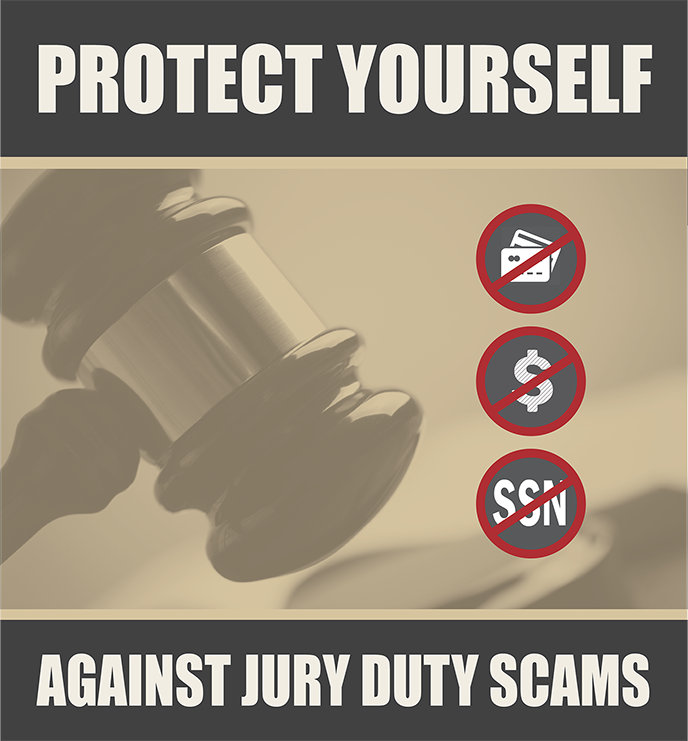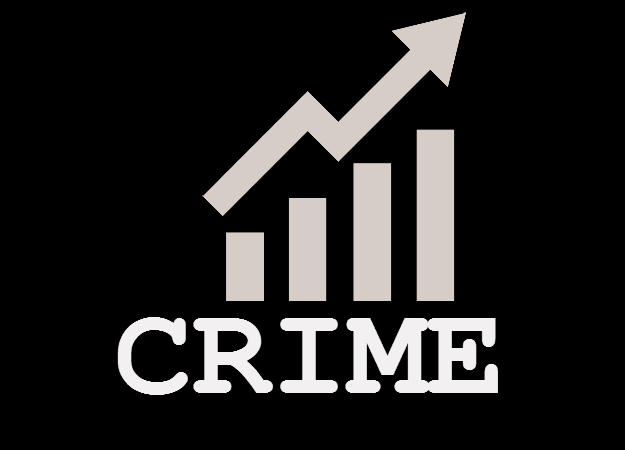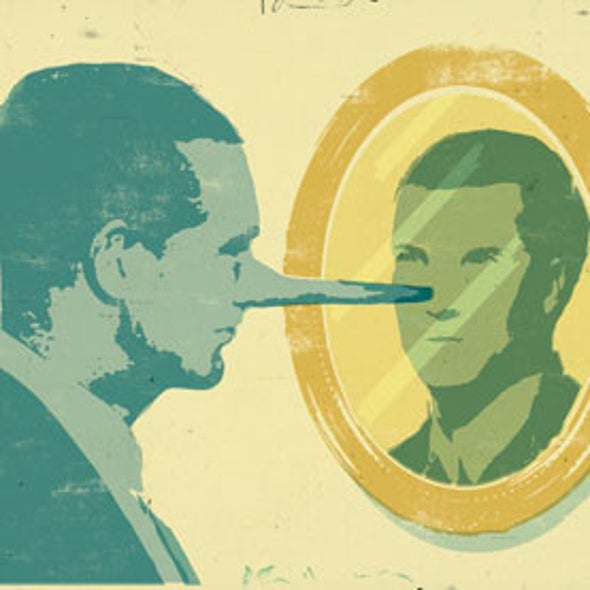
In an interesting story, the Seattle City Council has greenlit funding for a controversial gunshot locator system as part of a larger crime prevention pilot project.
WHAT IS GUNSHOT DETECTION TECHNOLOGY?
Gunshot Detection Technology (GDT) uses sophisticated acoustic sensors to detect, locate and alert law enforcement agencies and security personnel about local illegal gunfire incidents in real-time. The digital alerts include a precise location on a map. It corresponds data such as the address, number of rounds fired, type of gunfire, etc. delivered to any browser-enabled smartphone or mobile laptop device as well as police vehicle MDC or desktop.
GDT is touted to protect officers by providing them with increased tactical awareness. It also enables law enforcement agencies to better connect with their communities and bolsters their mission to protect and serve.
With GDT, officers can more quickly arrive at the scene of a crime with an increased level of safety. They know exactly where the gunfire took place. In many cases, an officer can arrive with the shooter still at the crime scene. If the criminal has fled, shell casings and/or other evidence can be recovered and used for investigative and potential prosecution purposes and key witnesses can be interviewed at the crime scene.
Below are just some of the reports showing how ShotSpotter technology is being rejected by cities and police departments. It can can hurt police response times, result in more racial bias, and violate people’s civil liberties.
POLICE CHIEFS CRITICAL OF SHOTSPOTTER, CITIES PULLING OUT OF CONTRACTS
- San Antonio’s chief of police led the charge to end the city’s ShotSpotter program. He said, “We made a better-than-good-faith effort trying to make it work.” Instead of renewing with ShotSpotter, he said “We’re going to use that money to provide more community engagement, which ShotSpotter can’t provide.”
- When Fall River, Massachusetts ended its contract with ShotSpotter, their chief of police said, “It’s a costly system that isn’t working to the effectiveness that we need it to work in order to justify the cost.”
- Portland, Oregon decided not to move forward with ShotSpotter in July after their mayor approved a pilot program in 2022. The mayor said he was interested in pursuing better strategies.
- Atlanta decided not to move forward with the technology after two separate pilot programs led to poor results.
- Chicago’s mayor promised to get rid of ShotSpotter in the city during his campaign. Their contract with the company is up in February.
- New Orleans; Dayton, OH; Charlotte, NC; and Trenton, NJ also ended their ShotSpotter contracts.
INEFFECTIVE AND HURTS POLICE RESPONSE TIMES
- A study found that CCTV paired with ShotSpotter-type technology, as proposed in this budget, “did not significantly affect the number of confirmed shootings, but it did increase the workload of police attending incidents for which no evidence of a shooting was found.”
- A study published last year of 68 large metropolitan counties in the United States found “ShotSpotter technology has no significant impact on firearm-related homicides or arrest outcomes.”
- An article by a crime analyst working for the St. Louis Police Department found ShotSpotter-type technology “simply seem to replace traditional calls for service and do so less efficiently and at a greater monetary cost to departments.”
- A report by the Chicago inspector general found that around 90 percent of ShotSpotter alerts are false positives, resulting in police being dispatched 40,000 times when no gun-related violence had taken place.
- The technology was found to be ineffective in a report by the City of Atlanta, costing $56,000 per gun recovered – money that would have been more effective in other programs.
CIVIL LIBERTY & EQUITY CONCERNS
- The ACLU-WA has asked the Council to reject funding ShotSpotter, “given that investing in gunshot detection and CCTV technologies will not prevent crime and violence and will adversely impact communities through increased police violence and heightened privacy risks.”
- Privacy advocates recently asked the Department of Justice to investigate gunshot detection companies because they lead to over policing of communities of color and may be violating the Civil Rights Act.
- Faulty evidence from ShotSpotter has been used to wrongfully imprison people like Michael Williams. He was held in Chicago for more than a year before the charges were dismissed and prosecutors admitted they had insufficient evidence, according to an AP report.
My opinion? Only time will tell whether GDT is effective and/or equitable.
Please contact my office if you, a friend or family member are charged with a Firearm Offense or any other crime. Hiring an effective and competent defense attorney is the first and best step toward justice.















